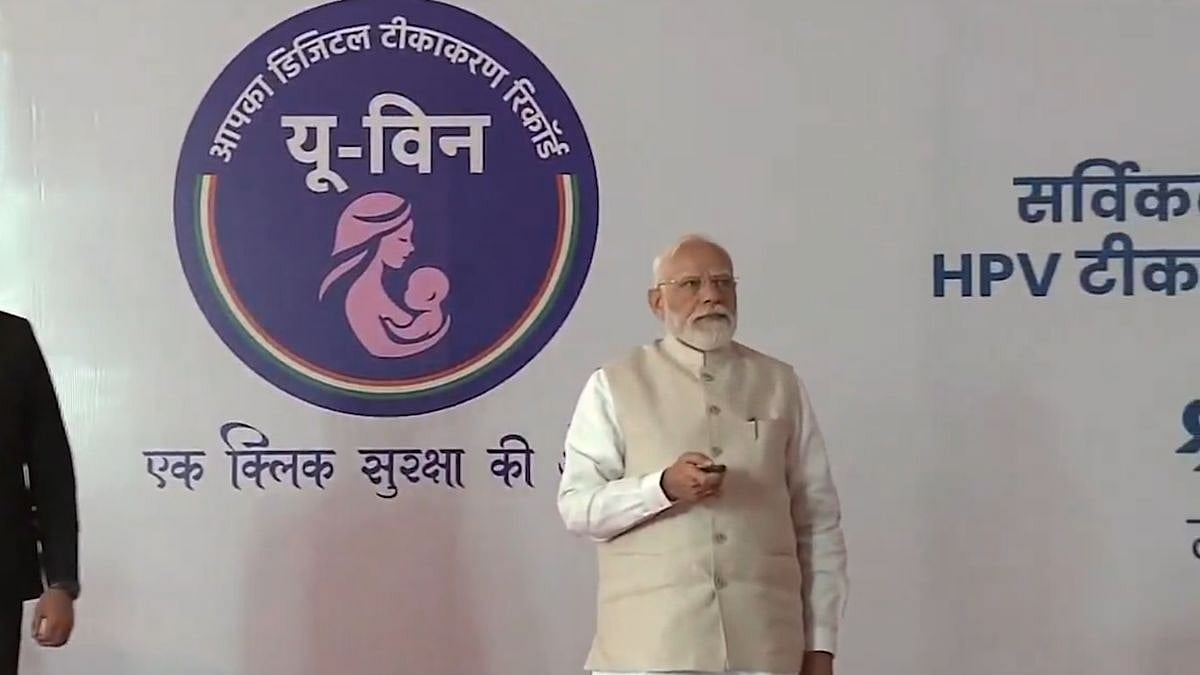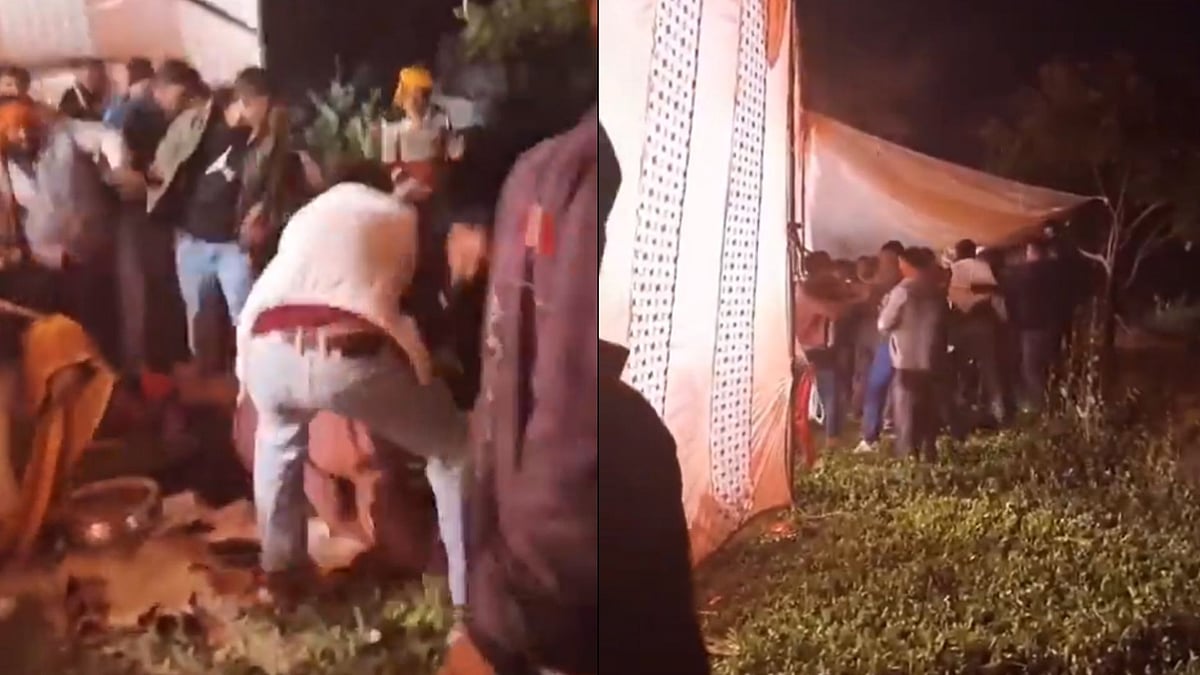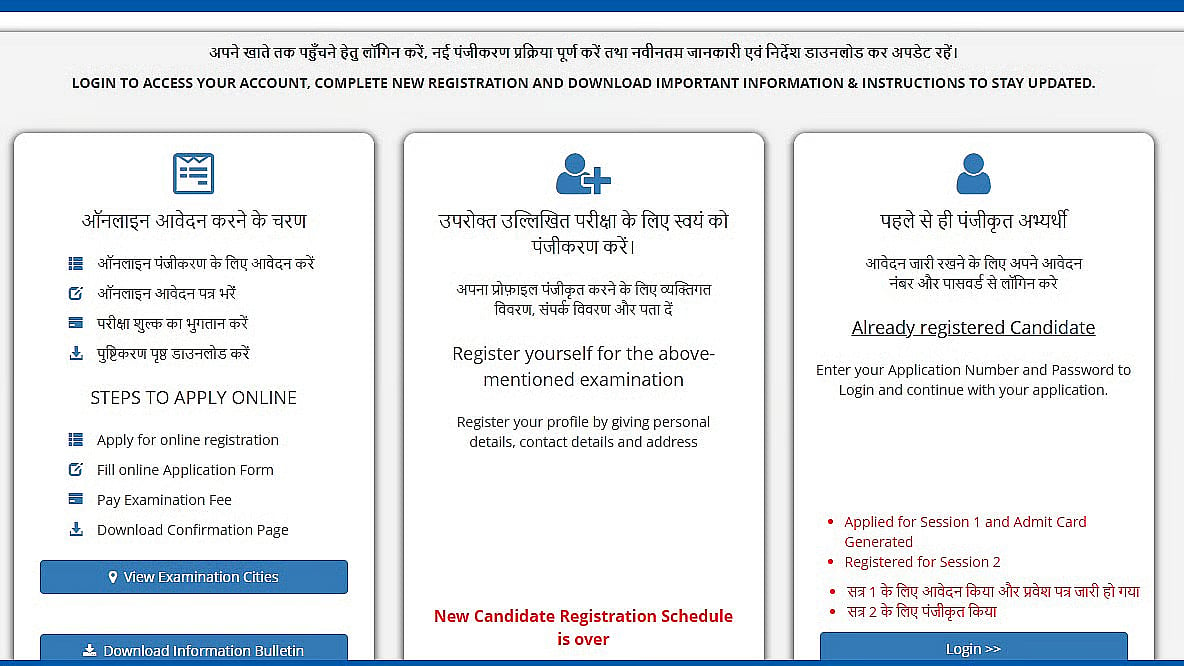The Protection of Children from Sexual Offences (POCSO) Act, a special Act brought in 2012 with the aim to protect children from sexual abuse and assault, has a provision that deals with the timeframe for concluding such cases. The timeframe is that of a year from the court taking cognisance of the offence. This provision, however, remains largely on paper.
Section 35 of the Act deals with the period for the recording evidence of the victim and the disposal of the case. Section 35(1) mandates that the victim’s evidence be recorded within 30 days of the court taking cognisance of the offence, and Section 35(2) states that the special court shall complete the trial within a period of one year of the date of taking cognizance of the offence.
Both these, however, provide a leeway. While the former allows reasons to be recorded if a recording of the evidence of the victim is delayed, the latter uses the words, “as far as possible” on the one-year time frame mandate.
Though there are special courts formed under the Act, which deal exclusively with POCSO cases, on average the cases take around three years to conclude, with many taking anywhere between four to six years too. Prosecutors say the delay is due to overburdened courts, considering the huge number of POCSO cases being registered. A report on the status of POCSO cases in India by Kailash Satyarthi Children’s Foundation notes that the increase in cases registered under the POCSO Act is much sharper than the overall crimes against children.
POCSO cases increased by 22% in 2018 and 19% in 2019. Maharashtra is only second to Uttar Pradesh in the highest number of cases under the Act, with Maharashtra at 6,558 cases and UP at 7,594 cases in 2019.
In a written reply to the Lok Sabha in July this year, Smriti Irani, Union minister for Women and Child Development, informed the House on the cases registered and pending under the POCSO Act state-wise. In 2017, 5,248 POCSO cases were registered in Maharashtra and 18,691 were pending. The next year, 6,233 were lodged and pending cases rose to 22,070. In 2019, the state saw the filing of 6,558 cases and pending cases stood at 25,807. All-India figures too rose similarly. The year 2017 saw 32,608 cases being lodged and 84,143 pending cases. In 2018, 39,827 cases were registered and pending cases rose to 1,08,129. In 2019, 47,335 cases were lodged and pending cases came to 1,33, 068.
Women's rights lawyer Flavia Agnes, co-founder of Majlis, an organisation that provides legal services to help women access justice, says that the law provides a timeframe, but there is not sufficient infrastructure in the form of judges and special courts.
The delays have a detrimental impact on trials -- in terms of the quality of evidence recorded and consequently, the outcome. Prosecutor Geeta Sharma, who handles POCSO trials at Mumbai’s special POCSO courts, says because the victims are children, delays mean the children could forget facts of the incident, thereby weakening the evidence.
Also, because in most cases the perpetrator is a person known to the child -- a family member or a neighbour for instance -- sometimes victims come under pressure not to testify against them and the chances of them turning hostile during the trial increase. With immense importance given to the deposition of the victim in POCSO trials, resiling from their statement in court could mean an acquittal.
Prosecutor Veena Shelar says trials also get delayed due to the absence of the defence advocates or the accused on bail, being absent. In POCSO cases, in many of which victims live in slums and in some, homeless, they leave the location and cannot be traced when many years pass.
In some cases, where victims are on the verge of attaining maturity when the incident happens, they have been married off by the time they are called to testify. In such cases too, families do not want them to depose in court as they fear it will disturb their married life.
Prolonged trials can have severe psychological implications, says city-based psychologist Arti Shroff. “There can be a huge feeling of helplessness and loss of control. Sexual assault is trauma and they have to relive it during testimony,” she says. The deposition being delayed, says prosecutor Sharma, that the child cannot forget the trauma and move on. The early recording of the child’s statement would save them this. POCSO courts are child-friendly and they try their best to avoid making the process an agonizing experience for the child, but nonetheless, it is difficult for the victims.




